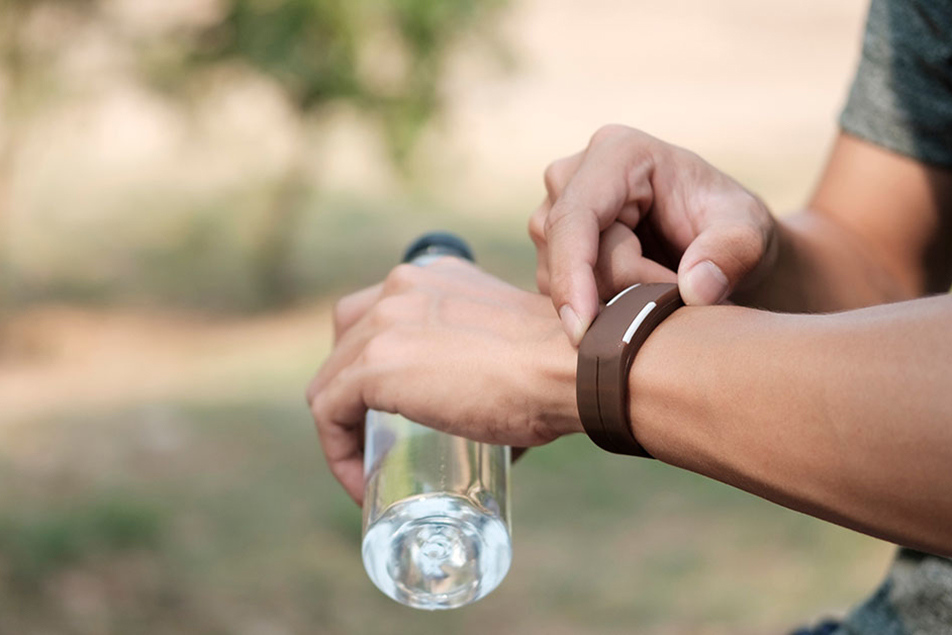
There was a time, not too long ago, when the term “wearable technology” was non-existent and the only way to lose weight was with a gym membership and a well-planned grocery list. Today, with the help of a few tech giants, we are able to track almost everything and have the data sent directly to our smart devices. Fitness trackers have become part of our daily wardrobe but are they truly improving our overall health?
The Parkview Research Center (PRC) is conducting a 30-participant study surrounding the toughest aspect of wearable activity device technology – how to sustain user engagement after the novelty affect wears off. A recent study found that half of the people who own activity trackers, such as Fitbits, don’t use them after a few months. In addition, the Informatics Core Group at PRC is devoting time into exploring how health information technologies can impact health behavior.
The survey results below reflect three months of study participation. The goal of the survey was to understand the participants’ perceptions, opinions, beliefs and attitudes towards using a fitness tracker daily.
Survey question No. 1
Are you still wearing your fitness tracker regularly?
After three months, 21 participants were still using their fitness tracker, while nine participants quit using their fitness tracker completely. Those who discontinued wearing their fitness trackers cited many reasons, such as:
- not understanding the data output
- forgetting to charge the fitness tracker
- loss of confidence
- did not believe data output was accurate
In general, the majority of participants continue to wear their fitness trackers on a daily basis. Even though there were some participants who discontinued use of their device, there were still positive behavior changes observed. One participant, who discontinued wearing their fitness tracker, stated that they had improved sleep quality and sleep patterns. They explained that this particular change was due to the information sent to them through the sleep monitoring feature on their fitness tracker.
Survey question No. 2
Are you using a mobile app that syncs with your fitness tracker?
Many participants complained of the syncing process for their fitness tracker. Some fitness trackers were able to sync with no issues, while other participants experienced their data resetting and being lost. There were also instances where participants had to reset their entire device in order to get some features to work properly. Those who had a positive experience with a mobile app were engaged with the information presented to them. Some of this data included:
- activity/nutrition trending
- visual dashboard data output
- distance of steps or miles when running
Only six participants did not use a mobile app with their fitness tracker, and of the six, only one participant did not attempt to connect to any mobile app. The other participants had attempted to utilize the built-in mobile app feature but encountered various issues when running the app.
Survey question No. 3
Can fitness trackers make a notable impact on the health of individuals with diverse medical conditions?
Fitness trackers have tremendous potential when used by the general public as well as specific patient populations. Some participants, who were cardiac rehab patients, favored using the fitness tracker as a way to track overall progress while at home. Most fitness trackers can be used as heart monitors, sleep trackers, and activity trackers. Fitness trackers can assist patients with achieving small milestones and act as a motivator for their future well-being goals.
Survey question No. 4
Should your fitness tracker data be part of your medical records?
Participant responses were very mixed with yes, no, maybe and optional choices. There were concerns that the information from the fitness tracker would be inaccurate and the data could be manipulated as patients could “cheat” the system. The information from the fitness tracker could be used as a tool for physicians to tailor diet and exercise but this should be optional as it may be seen as too invasive.
Do you use a fitness tracker to monitor your activity? Is it helping you reach your fitness goals or is it just collecting dust? Let us know in the comments!
References:
- Dan Ledge. Endeavour Partners. (January 2016). The rocky path towards personalized, insightful wearables.